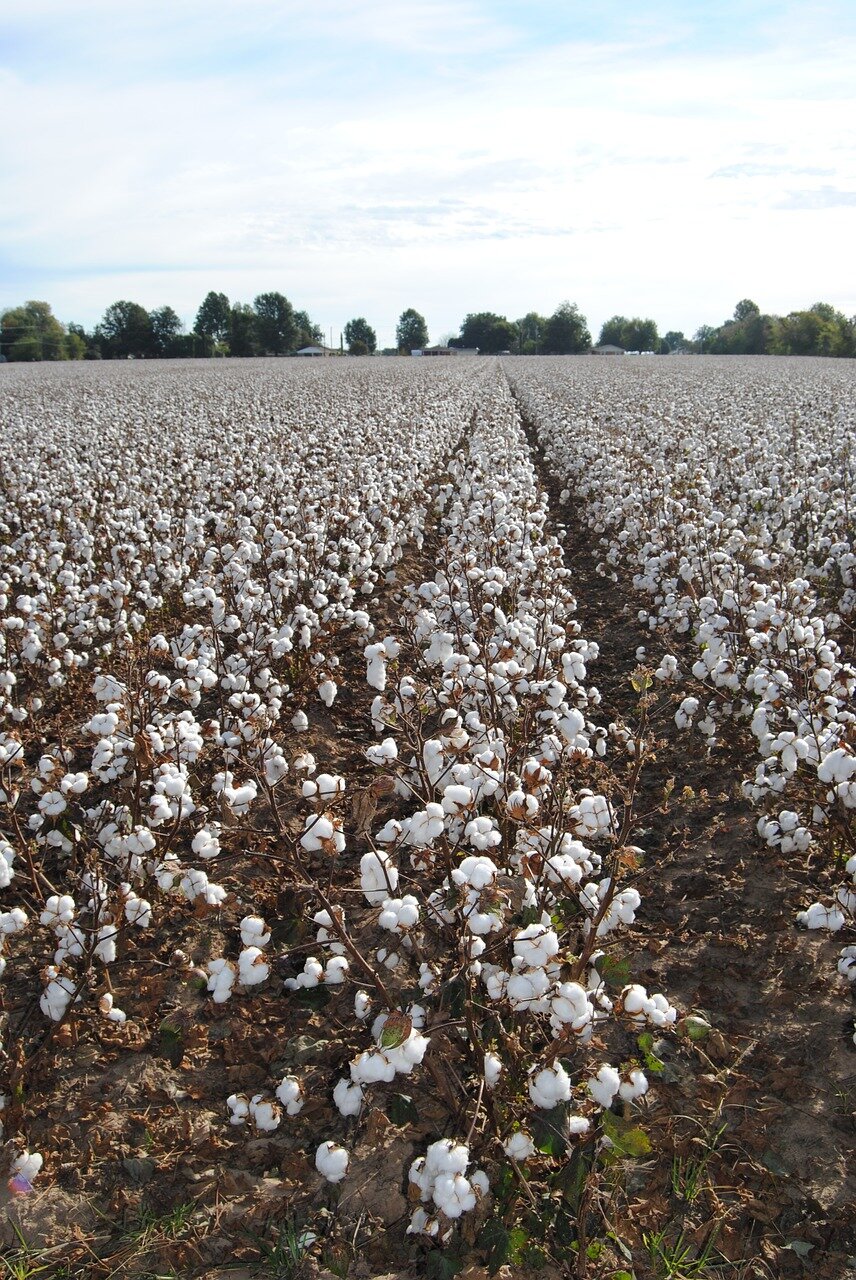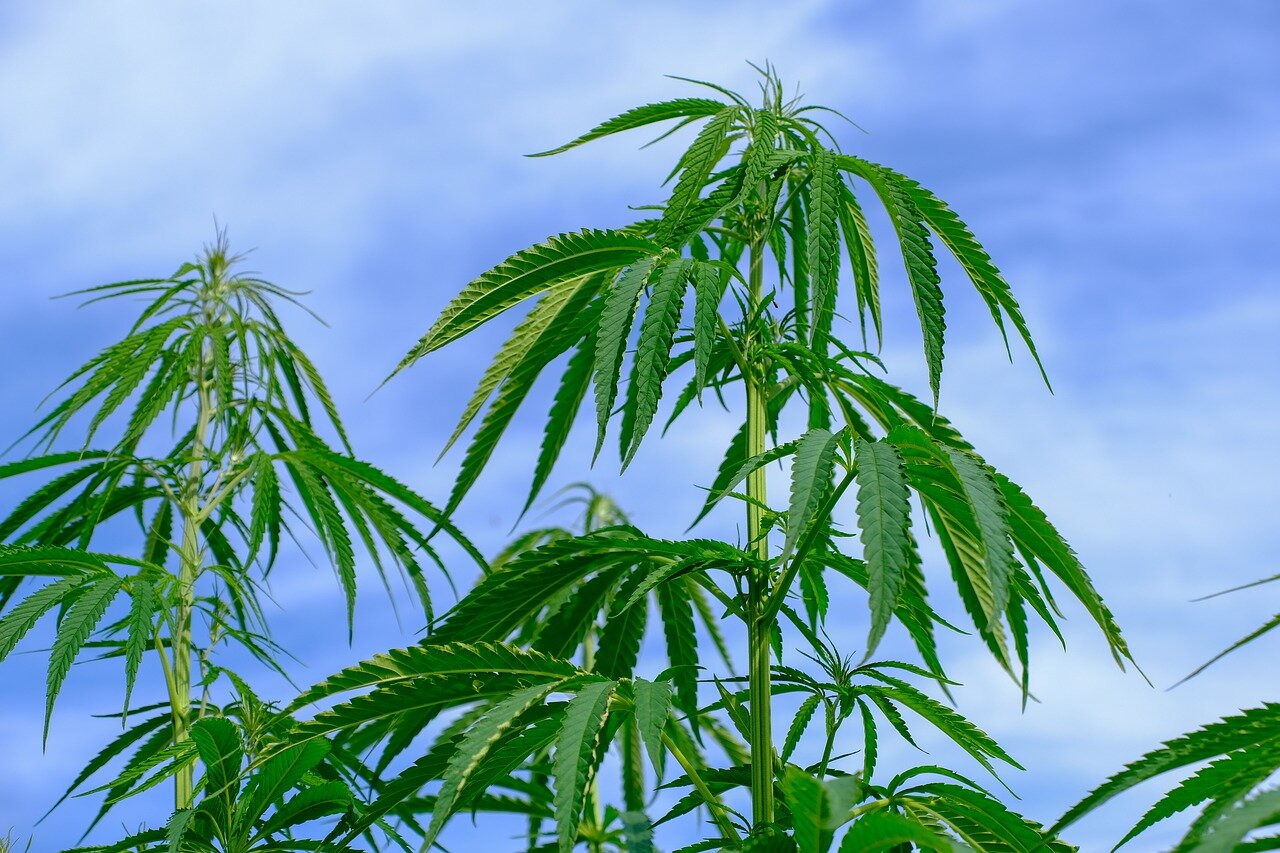Living a low-waste lifestyle, or a lifestyle that limits waste and focuses on making sustainable choices, is made easier by using hemp products. In and of itself, hemp is a low-waste plant. Each part of the hemp plant can be used for a purpose. The process of growing the hemp plant, along with the products made from hemp, are sustainable alternatives to traditional waste-inducing products and environmentally harmful farming practices.
Living low-waste means consciously choosing sustainable alternatives and opting for package-free products when possible. Hemp plastic ensures biodegradable options while hemp fiber allows for strong, durable, and long-lasting products.
Plastic, traditionally made from petroleum compounds, takes up to 1,000 years to decompose and emits harmful gases into the atmosphere. Hemp plastic, when made completely out of hemp product, is 100 percent biodegradable. While not a complete zero-waste product as its products will likely still end up in landfills, hemp plastic is a more sustainable and biodegradable alternative, and therefore a better choice when striving to live a low-waste lifestyle.
In addition to creating healthier, more sustainable products than traditional plastic, hemp also offers a more sustainable fabric. Because hemp fibers are stronger than conventional fibers, the frequency with which clothing, towels, or other products need to be replaced is lower. Products made with hemp fiber offer strength and durability that is crucial to living a low-waste life. Strength and durability mean long-lasting products, and long-lasting products are replaced infrequently, if at all.
Growing cotton requires much more water than hemp. By using less water, hemp contributes to living a low-waste life by limiting water usage.
Hemp does not only contribute less waste in terms of the products it makes. Easy to grow, hemp also uses less water, equaling less water waste. It has a low environmental impact and supports the environment more than it takes from it. The hemp plant uses one third the amount of water that cotton needs to grow, which is substantially less water being used to grow a more sustainable plant.
Beyond just using less water, the hemp plant also cleans the soil. Rather than contributing to environmental issues, which is a big concern for those trying to limit their own impact on the environment, hemp aids the environment. When planted in contaminated soils, hemp can pull toxins out of the ground, making once useless land useable once again. In terms of living low-waste, hemp allows wasted land to be given new purpose.
Hemp is beneficial for the environment and pulls carbon out of the atmosphere and toxins out of the earth, cleaning the air and purifying the soil as it grows.
Less wasted space also means more hemp plants pulling carbon out of the atmosphere. Hemp consumes and sequesters carbon dioxide, up to four times as much as other plants, and reverses the negative effects of carbon in the atmosphere. By pulling carbon from the atmosphere, hemp is purifying the air and providing a sustainable way to reduce the carbon footprint.
Each component of the hemp plant can be used for a purpose, and each product made from hemp is growth in a positive direction: one of low-impact and low-waste. Living a low-waste lifestyle is made easier by the addition of hemp, both in terms of the products produced and the resources used to grow hemp. Hemp even gives back to the earth and the environment, making hemp not only a low-waste plant but also a low-impact one.




